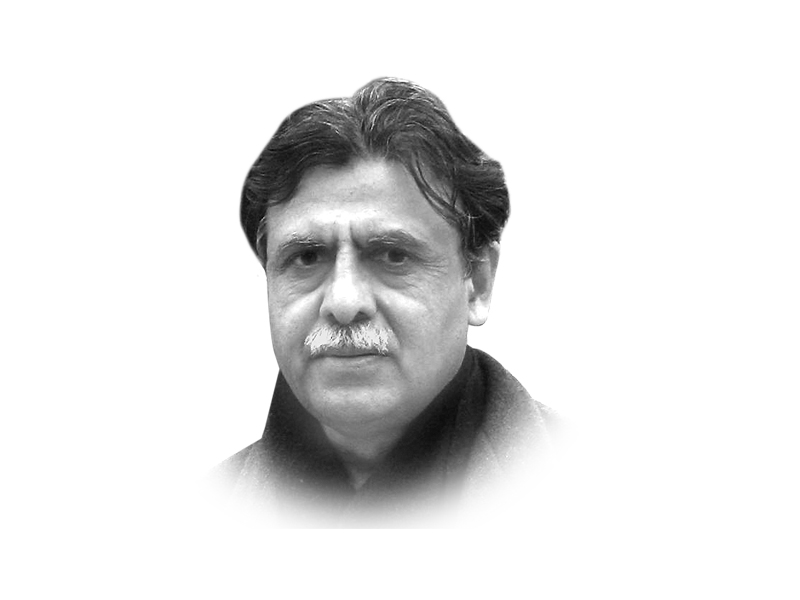
Karachi, as of today, presents a war of turf amongst the host of organised gangs, which have acquired all the characteristics of a mafia. The situation is analogous to the phenomenon of the Sicilian Mafia, which in its early stages, focused on land grabbing in the rural areas before digging its heels in the urban areas. Later, its activities spilled onto the streets of New York and Chicago through the Italian diaspora. This land-based mafia aggravated the situation further when it moved into drugs and arms-running. It employed brutal instruments to have things its way. Kidnappings for ransom, extortion, protection of racketeering, torture before assassination, serial killings became their favourite ploys. When it came to handing down justice, judges, prosecutors and witnesses were eliminated from the scene with ruthless ease. Name any one of these elements which is not present in Karachi today.
Land grabbing in Karachi has hurt chances of establishing peace. Karachi is a unique city with an abundance of state land. The Indus Highway and the Northern Bypass boast of plenty of such land. These lands are, however, imprecisely mapped and poorly protected. Provisions of the land record manual are not kept in mind while mapping and measuring these lands according to a uniform denominator. A notional number is allotted to a huge chunk of land, which at times, results in conflicting allotments. This has suited successive governments as the land has been used as political largesse for currying favour. The river beds of Lyari and Malir proved to be a boon for the land mafia, with commercial properties without an unambiguous title of ownership emerging.
In addition, militant sectarian outfits have relocated from up-country to Karachi in sizeable numbers. What we see, as a result, is a steady decline of state monopoly over the levers of coercion to extract compliance and orderly behaviour in society. This may well be the result of choice when we started sharing the state’s monopoly over coercion and made these elements powerful in our proxy wars across our physical domains.
In the name of democracy and continuity of the system, we have squandered many precious years. There are distinct voices calling for the army to clear the mess, a demand derided by the ruling provincial government. The federal government has given the go-ahead for a surgical operation, headed by the Rangers, with the police having been designated to play a supporting role. It should be noted, though, that both these outfits have been in the field in Karachi for years. In this regard, the statement of DIG operations, Karachi before the Supreme Court, lamenting his short postings of two to three months is a telling comment on the seriousness of the Sindh government in its fight against organised crime and terror. The interior minister wishes to see the chief minister as the captain who will lead the crusade against crime and terror in the city. With track record that the incumbents enjoy, this appears to be a no-win situation.
Published in The Express Tribune, September 6th, 2013.
Like Opinion & Editorial on Facebook, follow @ETOpEd on Twitter to receive all updates on all our daily pieces.
COMMENTS (1)
Comments are moderated and generally will be posted if they are on-topic and not abusive.
For more information, please see our Comments FAQ













very well authored....beside, the short-comings in the system prior to any concrete action must be initiated, if action against the criminals has to succeed...the political parties must do some self soul searching with sincerety and gather the lost will to act and co-operate in the name of Allah swt to save Pakistan and especially karachi, Baluchistan, KP and FATA....